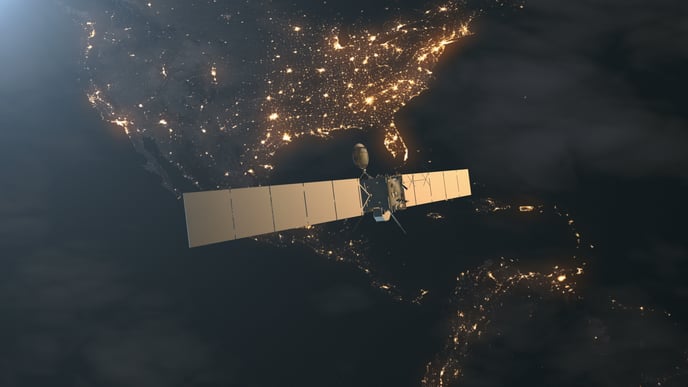What is OPUS?
How This Free Service Helps Get Precise Locations for Your Projects.
 OPUS, or Online Positioning User Service, is a powerful tool provided by the National Geodetic Survey (NGS) of the United States government that uses Global Navigation Satellite System (GNSS) data, such as GPS or GLONASS, to determine precise positions and velocities. It is a free online service that allows users to submit GNSS data and receive highly accurate positions in return.
OPUS, or Online Positioning User Service, is a powerful tool provided by the National Geodetic Survey (NGS) of the United States government that uses Global Navigation Satellite System (GNSS) data, such as GPS or GLONASS, to determine precise positions and velocities. It is a free online service that allows users to submit GNSS data and receive highly accurate positions in return.
The service is based on a network of continuously operating reference stations (CORS) located throughout the United States. These CORS are equipped with GNSS receivers that continuously collect data, which is then used to calculate the positions of other GNSS receivers in the area. The CORS network provides a precise and stable base for the OPUS solution to calculate the positions of the submitted data.
In the field of surveying, OPUS is a valuable tool for surveyors and engineers, it eliminates the need for them to set up their own reference stations, which can be time-consuming and costly. It allows them to determine accurate positions for points on the earth's surface, which can be used for various applications such as mapping, land surveying, and construction projects. Surveyors can use OPUS to obtain high-accuracy positions in a cost-effective manner.
In addition to the CORS network, Base Stations are also an important aspect of the OPUS service. These are fixed-position GNSS receivers that are set up by users and act as reference points to calculate the position of other receivers. Base Stations are used to provide positions in areas where CORS are not available and can be used to supplement the CORS network in areas where the network is sparse.
OPUS allows users to determine accurate positions for points on the earth's surface for various applications. The CORS network provides a stable and precise base for the OPUS solution, while the Base Stations are used to supplement the CORS network and provide positions in areas where CORS are not available.
Visit rockrobotic.com to learn more about ROCK Robotic's survey-grade LiDAR hardware and software.
![ROCK-robotic-community-logo.png]](https://learn.rockrobotic.com/hs-fs/hubfs/ROCK-robotic-community-logo.png?width=250&height=50&name=ROCK-robotic-community-logo.png)